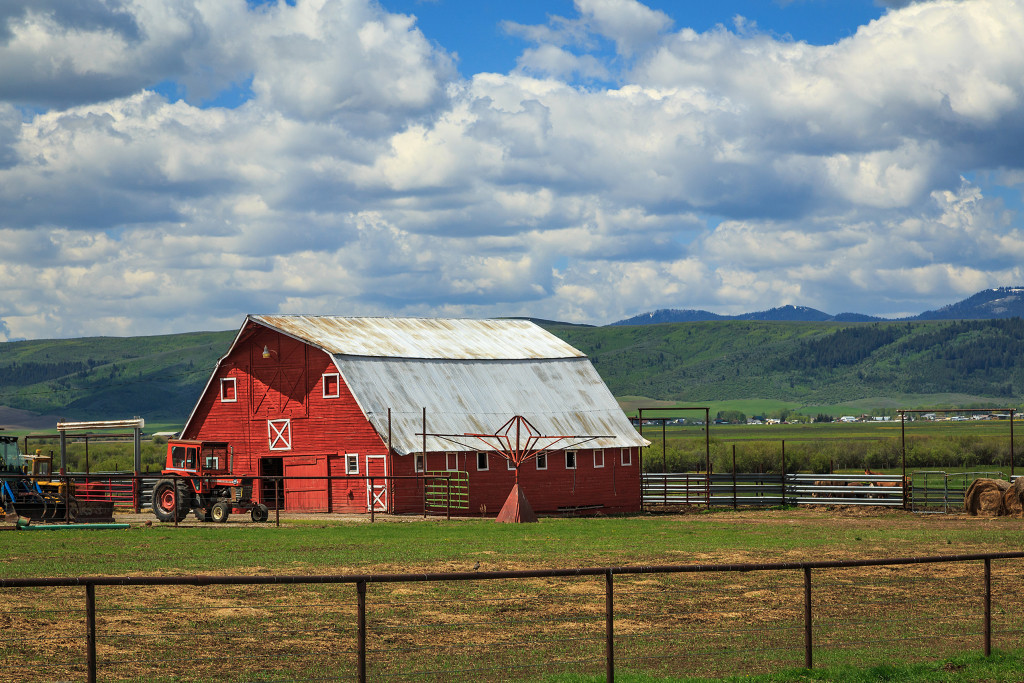• Develop a plan for the year and create a timeline to achieve goals.
• Choose crops best suited for the climate and use mulch, compost, and row covers to protect them from the elements.
• Utilize technology to monitor weather and livestock health.
• Keep up with regular maintenance on farm equipment.
• Be flexible and open to changes in plans when necessary.
Having a farm can be a highly lucrative business. Farmers can supplement their incomes by selling their produce directly to restaurants and local stores. In addition, they benefit from the fact that they will not only get back some money from their products but also a sense of satisfaction that comes with producing their own food.
Moreover, starting a small farm business is usually inexpensive due to the availability of grants and financial assistance programs designed to help new farmers get started. The potential for large profits in farming makes it an attractive venture for potential entrepreneurs and small-scale farmers alike.
However, managing a farm business comes with its own unique set of challenges. From choosing the right crops to growing them in an eco-friendly way, there are a lot of things to consider when running a successful farm. So, how do you manage your farm business better? Here are tips that will help you get started:
Start with a plan
Every good business starts with a plan. As a farmer, it’s important to know what you want your farm to look like and how you want it to function. Write out your goals for the year and create a timeline for achieving those goals. This will help keep you organized and on track throughout the year.
Choose the right crops
Choosing the right crops for your particular climate is key to successful farming. If you choose crops that don’t thrive in your area or take too long to grow, it could hurt your bottom line. Here are a few examples of crops you can grow depending on your climate:
Tropical
Mango, papaya, pineapple. To better care for tropical crops, make sure to keep the soil moist and use mulch or a windbreak. You should also consider investing in a greenhouse or hoop house to better protect your crops from the elements.
Temperate
Apple, corn, cabbage. In temperate climates, you’ll want to make sure your soil is well-drained and that you use plenty of compost. Lay down mulch around the base of each plant to keep weeds away and conserve water.
Subtropical
Avocado, banana, citrus fruits. To care for subtropical plants, use mulch and straw to keep the soil moist. Make sure your plants get enough sunlight by pruning them regularly and planting them in raised beds or containers.
Cold
Carrots, broccoli, potatoes. For cold climates, make sure to choose crops that can withstand colder temperatures and shorter growing seasons. Cover crops with row covers or plastic in the winter months to protect them from frost damage.
By choosing the right crops for your climate, you’ll be able to maximize your profits and minimize waste.
Stay eco-friendly

It’s essential to be mindful of the environment when running a farm business. Keeping up with eco-friendly practices such as crop rotation, composting, and cover cropping can help improve soil fertility and create healthy habitats for wildlife while reducing chemical runoff into nearby water sources.
Utilize technology
Technology has come a long way in recent years, and farming is no exception. Now, apps can help you manage everything from tracking livestock health to monitoring weather conditions in real time, so take advantage of these tools whenever possible!
Keep up with equipment maintenance
It’s essential to keep up with regular maintenance on your farm equipment. Not only will this ensure that your machines are running at peak efficiency, but it could also help you avoid costly breakdowns and repairs in the future. Make sure you employ the help of professionals in farm equipment repair. They can provide you with the knowledge and expertise to keep your equipment running smoothly. They can also advise on the best way to care for your machines.
Be flexible

Running any business requires flexibility, but this is especially true for farms due to their seasonality and unpredictable nature. Be open-minded about changes in plans or unexpected events (such as weather patterns) so that you can adjust accordingly when needed.
Managing a farm business requires careful planning, the right crops for your climate, eco-friendly practices, utilizing technology, and staying up to date with equipment maintenance. Flexibility is also key, as unpredictable events may require you to adjust or change plans.
By following these tips, you’ll be able to manage your farm business better and maximize profits while also protecting the environment. With an effective plan in place and dedication from all involved stakeholders, there’s no limit to what success your farm can achieve!

